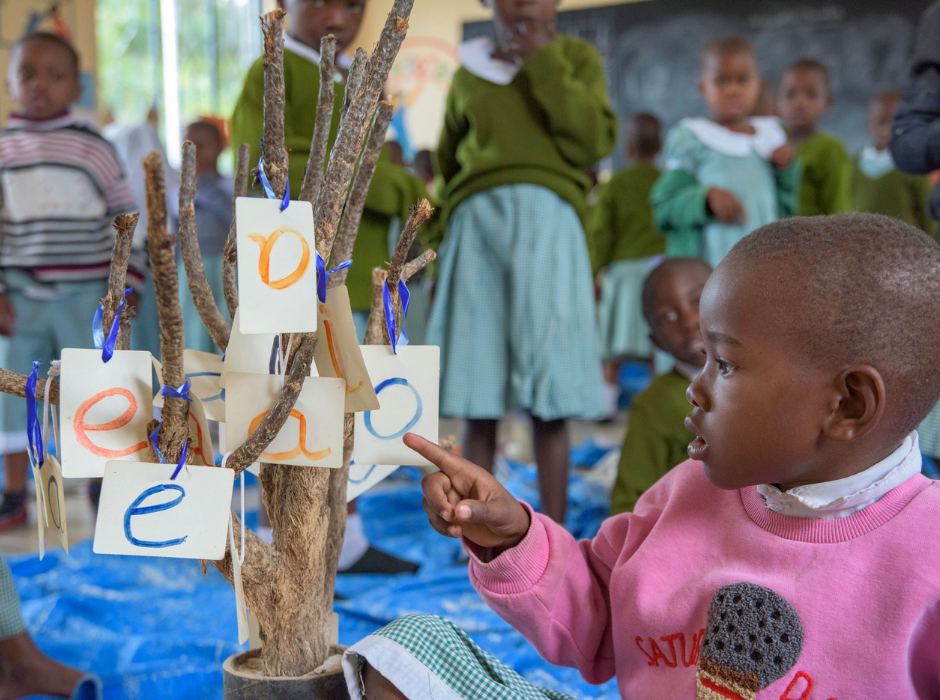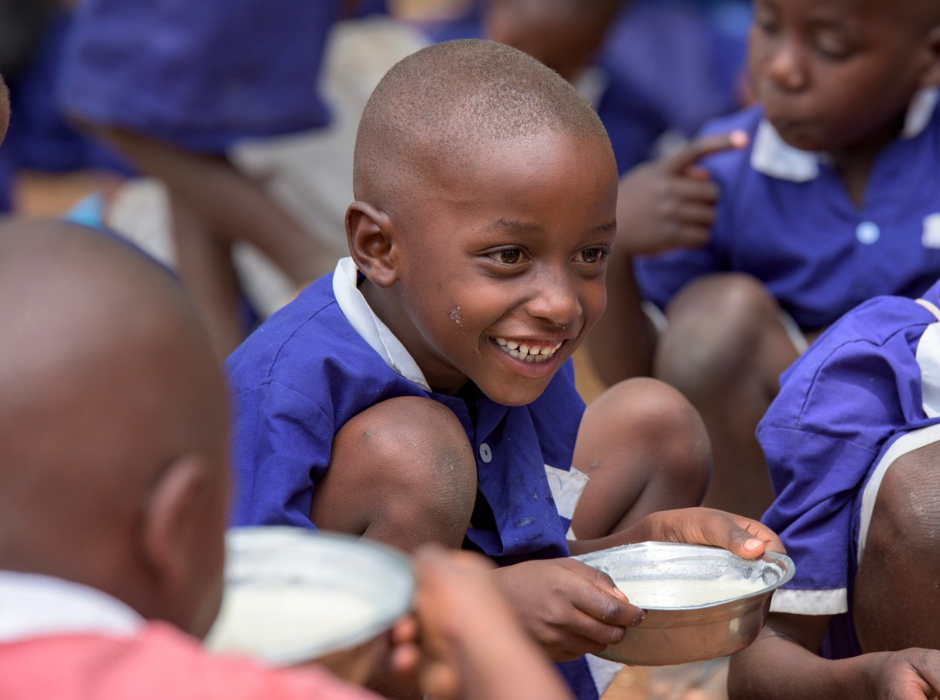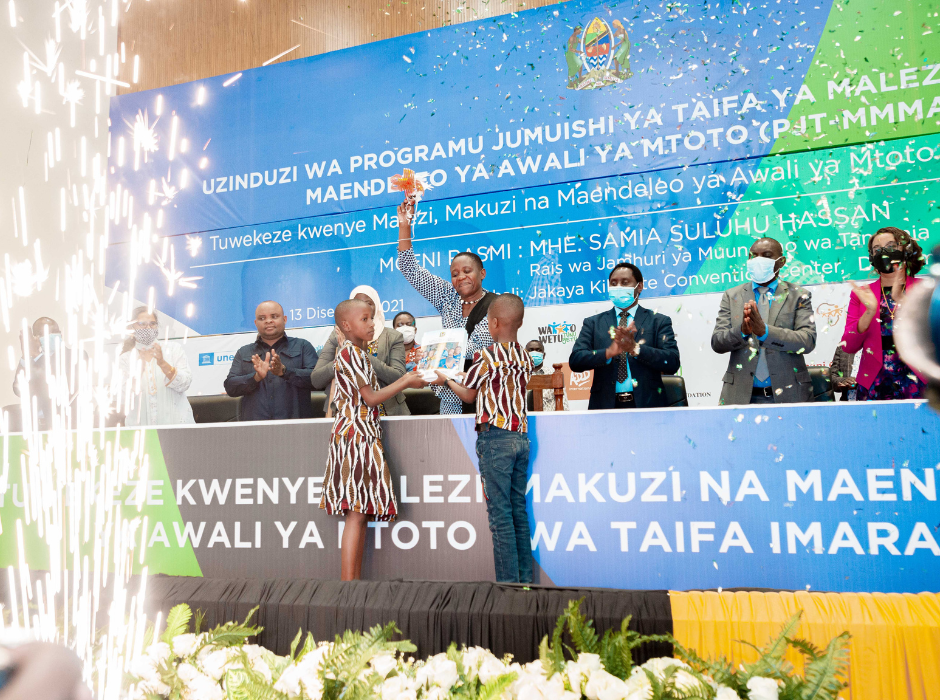Early Childhood Development
The early years of a child’s life are critical to their future development.
Building a Foundation
From developing their personalities and connections with friends and family to brain formation and motor skills, the early years of a child’s life are the foundation upon which the rest of their lives will be built.
This is why our work focuses on making these foundations as strong as possible. Ensuring that children are equipped with the necessary social, physical and cognitive skills to meaningfully engage with school and learning is at the core of our School Readiness model.
We specifically focus on Target 4.2 of Sustainable Development Goal 4
EQUAL ACCESS TO QUALITY PRE-PRIMARY EDUCATION
“By 2030, ensure that all girls and boys have access to quality early childhood development, care and pre-primary education so that they are ready for primary education.”

Did you know...
From the age of 0-7
the human brain is at its most active. In the first few years of life, more than 1 million new neural connections form every second.
From the age of 2
the brain’s ability to change in response to new experiences begins to decrease.
From the age of 10
the amount of effort the brain needs to create these changes begins to increase.
It is hard to imagine our own children not having such a solid foundation in life.
However, children in countries like Tanzania and Ethiopia are often deprived of essential services and support to nurture them fully through their early years. No amount of intervention in later life can make up for this lack of early childhood development.
The early years are, therefore, crucial to ensure children can go on to achieve fully at school and become active change-makers in their own right with the capacity to engage fully in the development of their own country. If children arrive at school physically and emotionally undernourished, stunted and with a minimum grasp of language, they are likely to remain stuck in a cycle of basic survival rather than having the capacity to thrive, grow and transform their own society,
What We Do

School Readiness Programme
Children who are ‘ready for school’ have better learning outcomes. The main influencers in achieving this are parents and educators, so we work with these groups to improve their practice in getting children ready for school.

Barriers to ECD Programme
Is it possible for a hungry child sit in classroom and learn? Our Barriers to Early Childhood Development programme recognises that not all children can easily access quality early years education. We identify the barriers and aim to address them so that all children have the opportunity to thrive.

Advocacy Strategy (Tanzania)
We believe in creating long-term change that is sustainable. To do this we believe we need to change both policy and practice. We have an advocacy strategy which has seen us establish a task force for Early Childhood Development with over 70 key stakeholders from government and civil society in Tanzania.
Learn More
Health & Nutrition
Health and Nutrition are key components of our programme of work in Tanzania and Ethiopia. We believe they are essential for the well-being and development of every child in order for them to fulfil their full potential.


